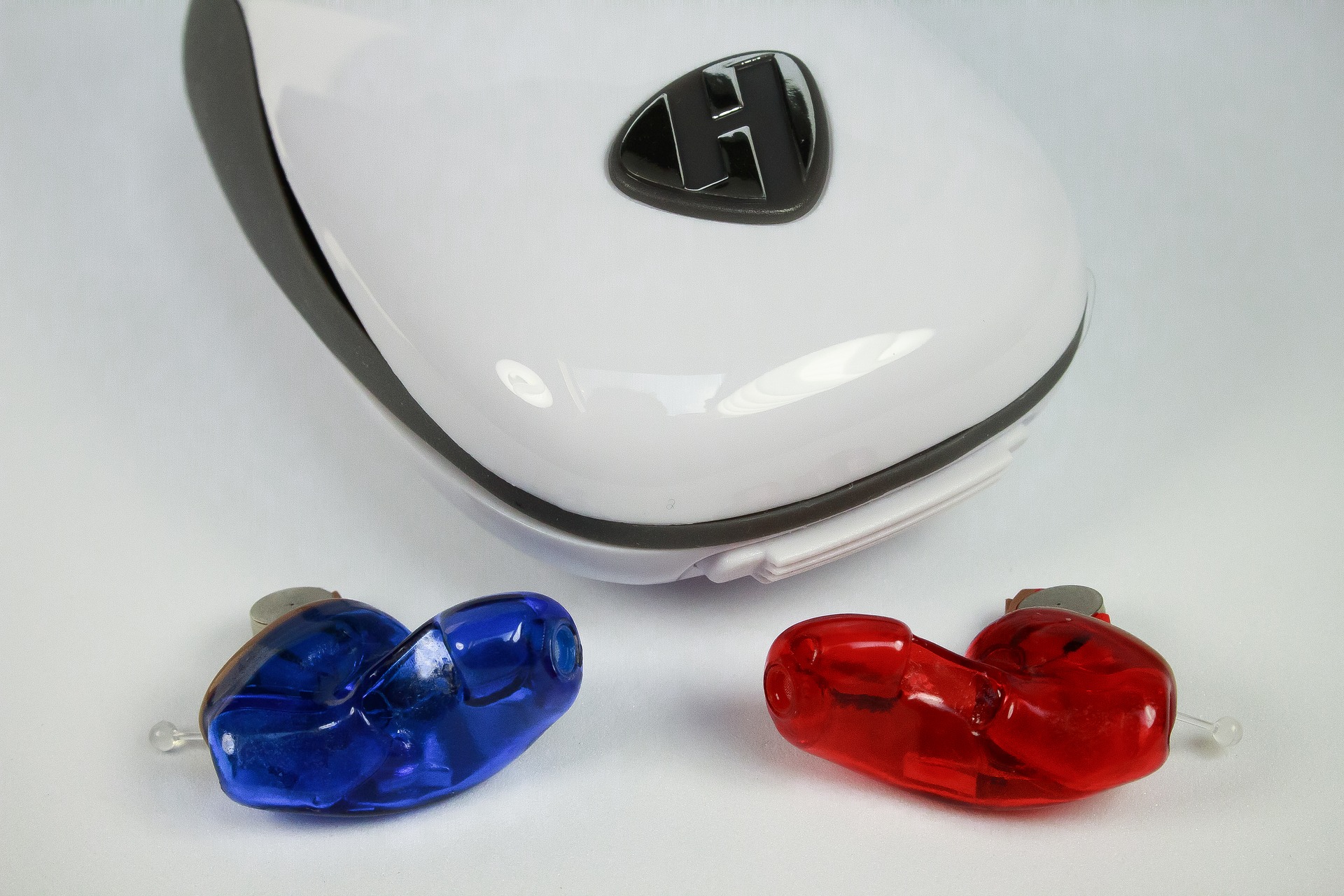Is reflexology for children with auditory processing disorder – as in a healing modality with efficacy?
Auditory processing disorder (APD) is a condition that makes it difficult for children to process and understand what they hear. The condition can make it hard for children to follow directions, learn new words, and understand complex information. While there is no cure for APD, there are treatments that can help improve a child’s listening skills and ability to communicate. One such treatment is reflexology. Reflexology is a therapy that uses pressure point massage on the hands and feet to relieve stress and tension. It is said to be beneficial for overall health and well-being. In this blog post, we will explore how reflexology can be used to help children with APD and CAPD.
What is Reflexology?
Reflexology is a form of alternative medicine that involves applying pressure to specific areas on the hands, feet, and ears. It is based on the idea that these areas are connected to different organs and systems in the body, and that stimulating them can help to improve overall health.
There is some evidence to suggest that reflexology may be helpful for children with auditory processing disorder (APD). One small study found that it improved symptoms in a group of children with APD, compared to those who did not receive reflexology.
Reflexology is generally considered safe, although it is important to choose a qualified practitioner. If you are considering trying reflexology for your child with APD, speak to your doctor or healthcare provider first.
What is Auditory Processing Disorder?
Auditory processing disorder (APD) is a condition that affects how the brain processes auditory information. It can make it difficult for children to understand and remember what they hear, especially in noisy environments.
APD is often diagnosed in school-aged children, but it can affect people of all ages. It’s important to note that APD is not a hearing problem, and people with APD can hear just fine. The disorder occurs because of how the brain interprets sound, not because of any problems with the ears themselves.
There is no cure for APD, but there are treatments that can help people manage the condition. One such treatment is reflexology. Reflexology is a healing practice that involves applying pressure to specific points on the body. This pressure can help to reduce stress and promote relaxation, even for babies.
Reflexology has been shown to be an effective treatment for a variety of conditions, including anxiety, headaches, and insomnia. There is also some evidence to suggest that reflexology may be helpful for people with APD. A small study published in 2016 found that reflexology may help improve auditory processing in children with APD.
While more research is needed to confirm these findings, reflexology may be worth considering as a complementary treatment for children with APD. If you’re interested in trying reflexology, be sure to find a qualified practitioner who has experience working with children with special needs.
How can Reflexology help Children with Auditory Processing Disorder?
Auditory Processing Disorder (APD) is a neurological condition that affects a person’s ability to process auditory information. This can make it difficult for children with APD to understand what they hear, especially in noisy environments.
Reflexology is a type of massage that targets pressure points in the hands and feet. It is said to be beneficial for overall health and well-being. Some research suggests that reflexology may also be helpful for children with APD.
A small study published in 2016 found that reflexology may help improve auditory processing in children with APD. In the study, 22 children with APD were given either reflexology or no treatment at all. The children who received reflexology showed significant improvements in their auditory processing skills, compared to those who did not receive any treatment.
There is still more research needed to confirm the benefits of reflexology for children with APD. However, if you are considering reflexology for your child with APD, it is important to find a qualified practitioner who has experience working with children.
In another study which included a total of 277 infants and children, the only method used was foot reflexology. Regarding the results of nine investigated outcomes, reflexology was found to be effective in infancy for reducing pain level and regulating heart rate, for increasing oxygen saturation, for relieving infantile colic symptoms, and neonatal abstinence symptoms. Reflexology was also found to decrease spasticity and improve motor skills in children with cerebral palsy, but it failed to produce positive change in regard to constipation and quality of life. Four of the studies were performed in a nursing context, one in midwifery, and one in physiotherapy.
What are the Benefits of Reflexology in General?
There are many benefits of reflexology in general, but here we will focus on the benefits specifically for children with auditory processing disorder.
Reflexology is a holistic therapy that can help to improve overall health and well-being. It is based on the principle that there are reflex points on the feet and hands that correspond to different organs and systems in the body. By stimulating these reflex points, it is possible to promote healing and balance within the body.
Reflexology is a non-invasive therapy that is safe for all ages. It can be used as a complementary therapy alongside other treatments such as speech and occupational therapies.
Reflexology has been shown to be beneficial for children with auditory processing disorder in several ways. It can help to improve communication, reduce stress and anxiety, improve concentration and focus, and promote relaxation. Reflexology can also help to improve sleep quality and reduce fatigue.
How to Find a Qualified Reflexologist in Sydney
If you’re looking for a qualified reflexologist in Sydney to help your child with auditory processing disorder, there are a few things you can do. First, ask your child’s doctor for recommendations. Then, check with the Australian Traditional-Medicine Society (ATMS) or the Reflexology Association of Australia (RAA) to find a list of qualified practitioners in your area. Finally, call around to different practitioners and ask about their qualifications, experience, and fees. Once you’ve found a practitioner you’re comfortable with, make an appointment for your child to receive treatment.
If you’re in Sydney’s inner west, then Doris Litzski a Strathfield reflexologist is very approachable and experienced with helping children as well as adults improve their minds, bodies and souls with reflexology. Call her on (02) 9747 2255.
What Media & Magazines like WellBeing Say About Reflexologists
There is a growing body of evidence that suggests reflexology can be an effective treatment for children with auditory processing disorder. Numerous media outlets and magazines, including WellBeing Magazine, have featured stories about the positive effects of reflexology on children with this condition.
One mother, whose son was diagnosed with auditory processing disorder, found that reflexology helped him to better process information and make sense of the world around him. After just a few sessions, she noticed a marked improvement in his ability to communicate and interact with others.
Other parents have also reported seeing positive changes in their children after starting reflexology treatments. One father said that his daughter’s speech improved dramatically after just a few sessions, and she no longer had trouble understanding what people were saying to her.
If you are considering reflexology as a treatment option for your child with auditory processing disorder, be sure to speak with a qualified practitioner who has experience working with this population.












